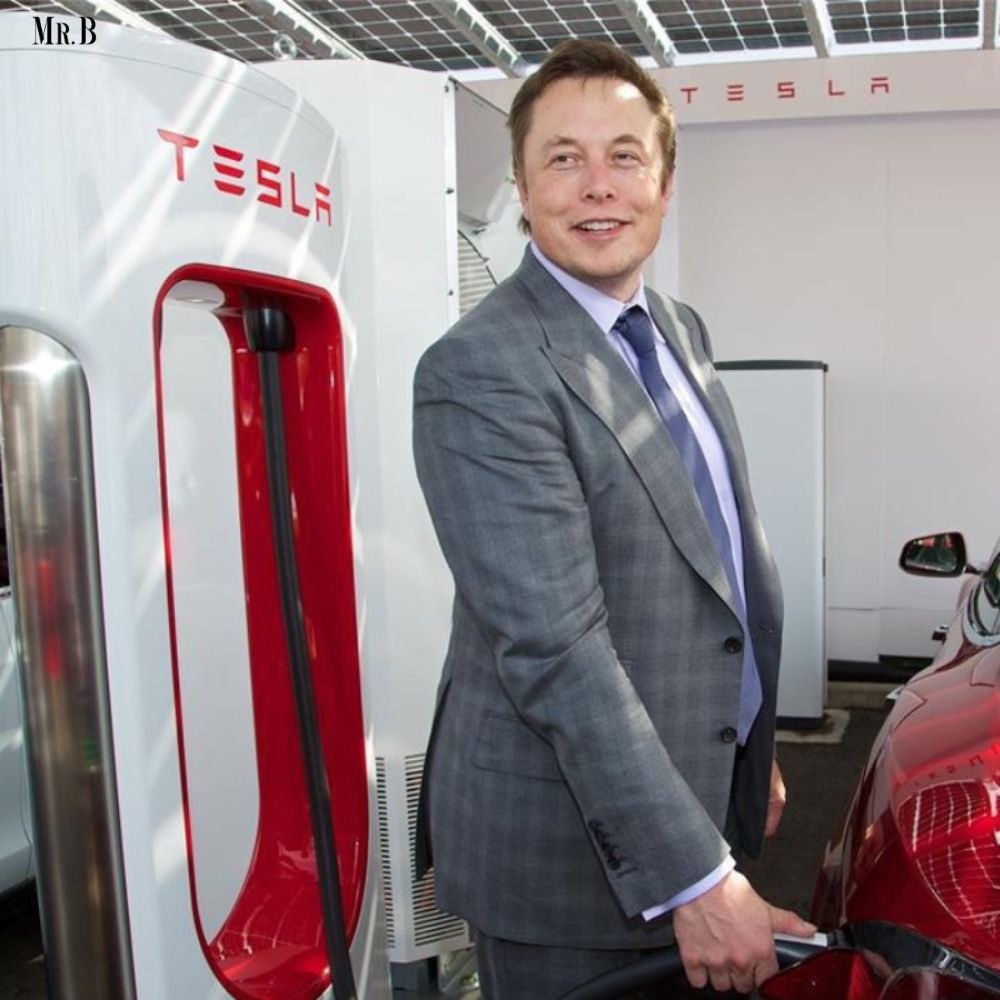Tesla has reported a significant rebound in its electric vehicle (EV) Tesla’s EV sales during the second quarter of the year, surpassing Wall Street expectations. The company delivered approximately 444,000 vehicles, marking a 15 percent increase from the first quarter. Despite a slight year-over-year decline of 5 percent, the results exceeded analysts’ forecasts, which anticipated less than 440,000 deliveries. This unexpected performance led to a more than 10 percent rally in Tesla shares. According to Dan Ives, an analyst at Wedbush Securities, this marks a “comeback performance” for Tesla after a challenging first quarter.
Challenges and Strategic Moves
The resurgence in sales comes after a period of volatility and uncertainty for Tesla. Over the past six months, the company has faced various challenges, including high interest rates and waning consumer sentiment toward electric vehicles. Despite the overall growth in EV sales outpacing that of gasoline vehicles, Tesla and its competitors have had to implement discounts and incentives to attract a broader market. This adjustment in strategy was hinted at earlier in the year when CEO Elon Musk indicated that Tesla would see a “notably lower growth rate” due to investments in next-generation vehicles set for production in 2025.
The company’s April report showed a delivery of 387,000 vehicles, a 20 percent drop from the previous quarter and an 8.5 percent decline year-over-year, alongside a 9 percent annual revenue drop for the first quarter.
In contrast to Tesla’s mixed results, other automakers have demonstrated robust performance in the EV market. General Motors (GM) reported selling 696,000 vehicles in the second quarter, marking a 0.6 percent year-over-year increase and achieving its best quarterly sales in over three years. GM’s EV deliveries alone surged by 40 percent from the previous year. Toyota also showed strong results, with EV and hybrid sales contributing significantly to its success. The company sold over 247,000 electrified vehicles in the second quarter, accounting for 40 percent of total deliveries and a 63 percent increase year-over-year. Overall, Toyota reported selling 622,000 vehicles in the quarter, reflecting a 9 percent annual growth.
Mixed Signals in the Tesla’s EV Market as Tesla Faces Challenges and Competition
The recent sales figures indicate Tesla’s EV ability to recover from a challenging first quarter, but they also highlight the broader dynamics and competitive pressures in the EV market. While Tesla’s delivery numbers show a recovery, the company has faced its first back-to-back quarterly sales decline since the pandemic lockdowns in 2020. Analysts and investors have been cautious about the impact of external factors such as rising interest rates and consumer hesitancy towards EVs. Despite these challenges, Tesla’s strategic investments in future vehicle technology suggest a long-term vision that could help it regain momentum in the evolving automotive landscape.
The competitive environment has intensified as traditional automakers make significant strides in the EV market. General Motors’ impressive quarterly sales results, driven by a substantial increase in Tesla’s EV deliveries, underscore the growing competition Tesla faces. Similarly, Toyota’s robust performance, with a significant portion of its sales coming from electrified vehicles, highlights the increasing consumer acceptance and demand for hybrid and electric options. These developments suggest that while Tesla remains a key player, it must continue to innovate and adapt to maintain its leadership position in the rapidly evolving EV market.
Outlook for Tesla and the EV Market
Looking ahead, Tesla’s performance in the upcoming quarters will be closely watched by analysts and investors. The company’s ability to navigate market challenges, leverage its technological advancements, and compete with traditional automakers will be critical in determining its future success. As the EV market continues to expand and evolve, Tesla’s strategic moves and responses to competitive pressures will play a crucial role in shaping its trajectory. The broader implications for the automotive industry also hinge on how companies like Tesla, GM, and Toyota adapt to changing consumer preferences and technological advancements in the push towards sustainable transportation.
Curious to learn more? Explore this News on: Mr. Business Magazine







